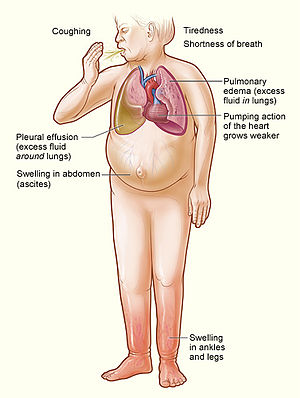This book, Your Medical Mind: How to Decide What Is Right for You, is a careful, documented analysis of what goes on in our minds as we make decisions whether to take a drug or undergo a procedure that our doctor recommends. I see myself in here – a doubter is my profile. And I see a friend who enthusiastically takes anything and everything her doctor mentions – her profile would be that of a believer. The authors say which one we are depends on several things, including our family members’ experiences with doctors and medicines as well as the medical stories of people we know.

It also mentions the incredible power of advertising to affect our beliefs about medications. Gives a good breakdown of how ads are designed to get us to focus on the potential positive effects without really “hearing” the negative possibilities. In fact, it said a study was done a while ago that showed the more information people were given about risks versus benefits, in clear written form, the less likely they were to agree to take any drug.
And one of the first drug types he discusses is statins – currently the world’s most-prescribed drug. He describes the case of a woman whose level was 240, but whose father had had the same level, never took a drug, and lived an active life to a ripe old age. Then he makes a fascinating argument that although when doctors think of statistics in terms of millions of people with high cholesterol, statins may seem like “an imperative,” but “when framed as a personal health issue, the benefits of taking statins may seem less compelling.”
The bottom line, they say, is that it’s you who benefit from a drug or suffer the consequences of its side effects, so if you are uncomfortable with a drug, you have every right to question. The doctor can challenge you, but you should feel free to do your own investigating and state your position and expect it to be respected. Every individual will experience illness or disease in a way that’s unique to him or her.
It’s always nice to have doctors officially come out in favor of what you already believe.
Related articles



